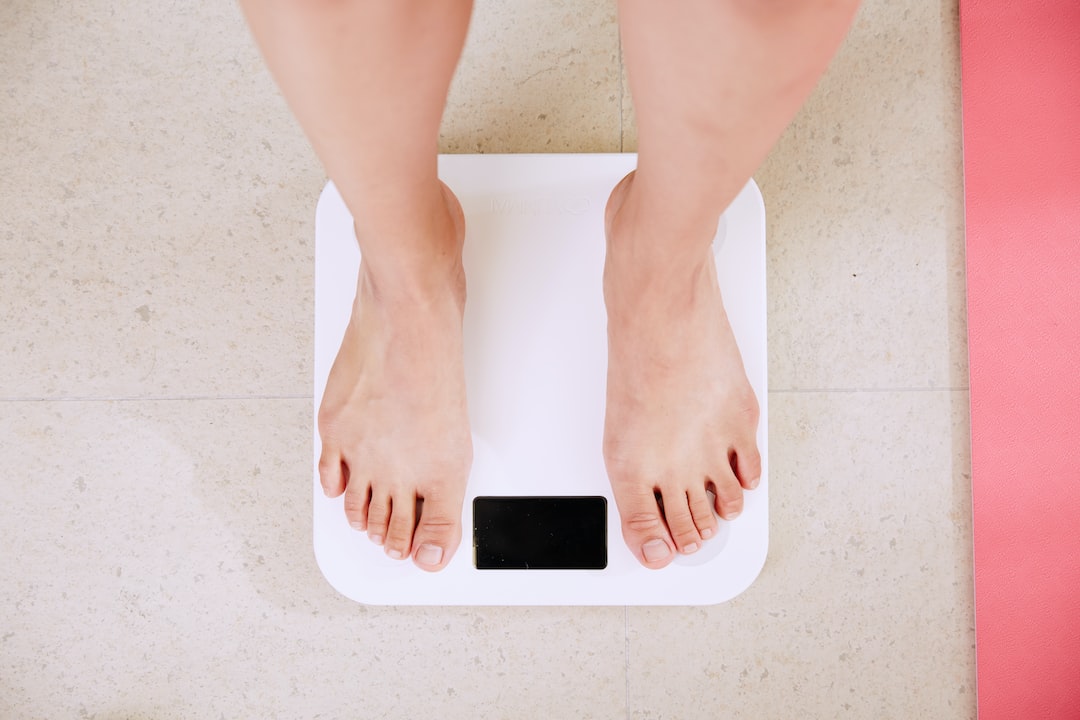In today’s fast-paced and hectic world, it’s become crucial to find effective methods to manage stress and anxiety. One practice that has gained considerable recognition is meditation. The power of meditation in reducing anxiety and enhancing wellness cannot be overstated. This ancient technique enables us to cultivate a peaceful and focused mind, leading to improved mental and physical well-being.
Anxiety is a prevalent mental health issue that affects millions of individuals worldwide. It can have a significant impact on our daily lives, interfering with our ability to concentrate, make decisions, and enjoy life’s simple pleasures. The constant worrying, racing thoughts, and physical symptoms can be overwhelming. However, meditation provides an effective tool for managing anxiety.
Meditation involves training our mind to stay focused on the present moment and to observe our thoughts and feelings without judgment. By doing so, we can better understand and control our anxiety. A regular meditation practice allows us to develop a stronger sense of self-awareness and cultivates a sense of inner peace. It helps break the cycle of anxious thoughts by teaching us to let go and redirect our attention to the present moment.
Research has shown that meditation can significantly reduce anxiety levels. A study published in the Journal of Applied School Psychology found that regular meditation practice led to a significant decrease in anxiety symptoms among students. Another study conducted by Johns Hopkins University showed that mindfulness meditation is as effective as medication in reducing anxiety symptoms in individuals with generalized anxiety disorder.
One of the reasons why meditation is so effective in reducing anxiety is its ability to activate the relaxation response. The relaxation response is the opposite of the “fight or flight” response that occurs during periods of stress and anxiety. When we meditate, our body enters a state of deep relaxation, causing our heart rate and blood pressure to drop. This physiological response helps alleviate anxiety symptoms and promotes a sense of calmness and serenity.
In addition to reducing anxiety, meditation has numerous other benefits that contribute to overall wellness. It improves mental clarity and focus, allowing us to increase our productivity and make better decisions. Regular meditation practice can enhance our emotional well-being by reducing negative emotions such as anger, frustration, and sadness. It fosters a sense of compassion, kindness, and gratitude, enabling us to cultivate healthier and more meaningful relationships with ourselves and others.
Furthermore, meditation has been proven to have a positive impact on physical health. It strengthens the immune system, lowers blood pressure, and reduces the risk of cardiovascular disease. It also helps manage chronic pain conditions and improves sleep quality. By integrating meditation into our daily routine, we can experience significant improvements in our overall health and quality of life.
Getting started with meditation is easier than you might think. You don’t need any special equipment or a specific location. Simply find a quiet and comfortable space, sit in a relaxed position, and close your eyes. Focus your attention on your breath, noticing the sensation of each inhale and exhale. Whenever your mind wanders, gently bring it back to the breath. Start with just a few minutes each day and gradually increase the duration as you become more comfortable.
In conclusion, the power of meditation in reducing anxiety and enhancing wellness is undeniable. This ancient practice provides us with a powerful tool to manage stress, cultivate a peaceful mind, and improve our mental and physical well-being. With regular practice, meditation can help us navigate the challenges of life with greater ease and resilience, leading to a happier and healthier existence. So why not give it a try and reap the remarkable benefits that meditation has to offer?


